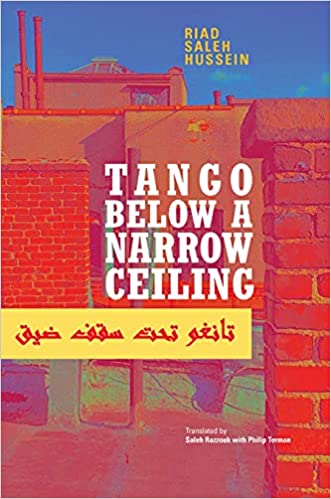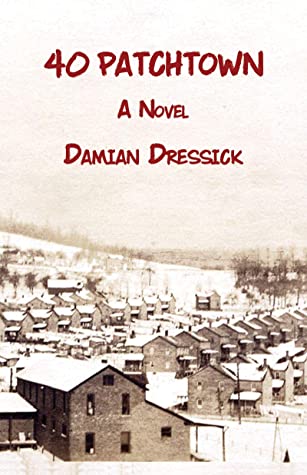“To Build a Fire” — A Review by Denny Bonavita
A long half-century ago, I was captivated by the novels of Jack London. I spent teenage time fantasizing about the Yukon, the Klondike, about Buck and White Fang, the canine heroes of London’s early 20th century writings.

Then the connection faded, leaving me a residual appreciation of London’s brawny man-vs.-nature confrontations.
But I had never taken the 20 minutes to read “To Build a Fire,” London’s matter-of-fact short story saga of how quickly and quietly the implacable Arctic winter can reduce us humans to frost-frozen corpses.
Last week, I remedied that oversight. I spotted a gently used book at Watershed Books on Brookville’s Main Street, inviting me to re-read “Call of the Wild” and “White Fang,” London’s plainspoken narratives of dogs as heroic protagonists. The 17-page short story was appended.
The dog in “To Build a Fire,” an unnamed Husky, is the observer/chronicler of the attempt by an also-unnamed man, a sturdy but unthinking fellow, to walk through the sunless dead of Alaskan winter. He pushes through temperatures of 40 below zero, 50 below … 55 below? Unimaginable cold and its effects on man (fatal) and dog (incidental) are brought alive as London’s hiker surmounts hazards, one, then another, then … why spoil the climax? Suffice it to say that the dog, the less unlovable of the two characters, trots off at the ending.
The story left its mark. For the next few days, my thoughts were brought back time and again to London’s blunt, spare narrative in the naturalistic tradition. His writing style features a use of journalistic narration reflecting his experiences as a reporter and war correspondent.
Though the read-through took less than a half-hour, I did not skim — could not skim — “To Build a Fire.” Its elemental gut-wrenching flow leaves a lasting framework for reflection on the folly of imprudently daring Nature to do its worst — which it does.
Denny Bonavita



“Nature is neither for you nor against you; it’s just very unforgiving of mistakes.”
Nice clear review, Denny. Much like the story under discussion.